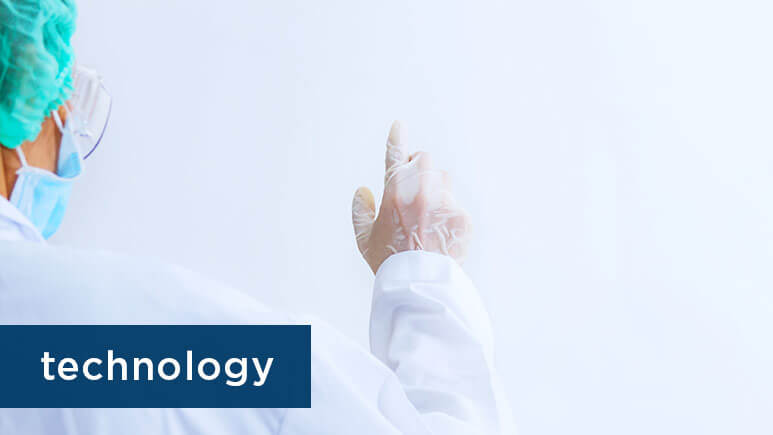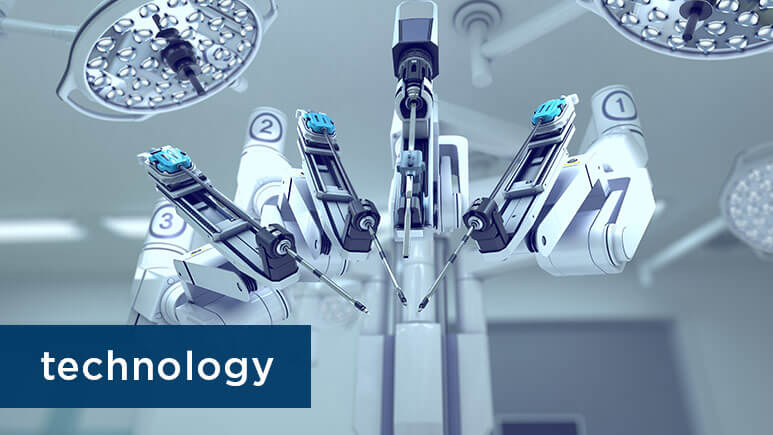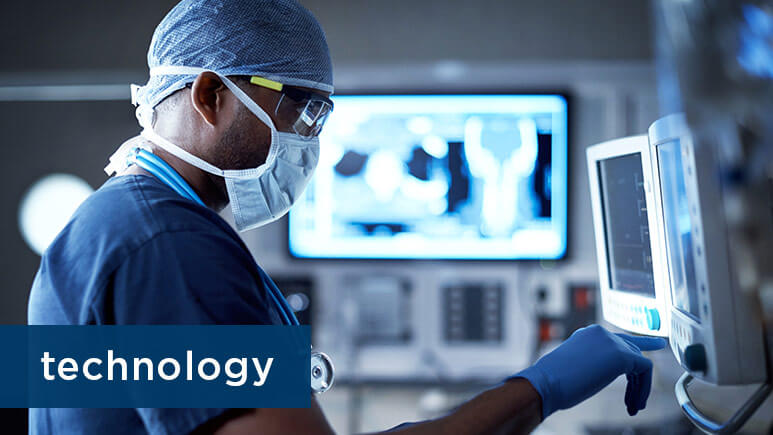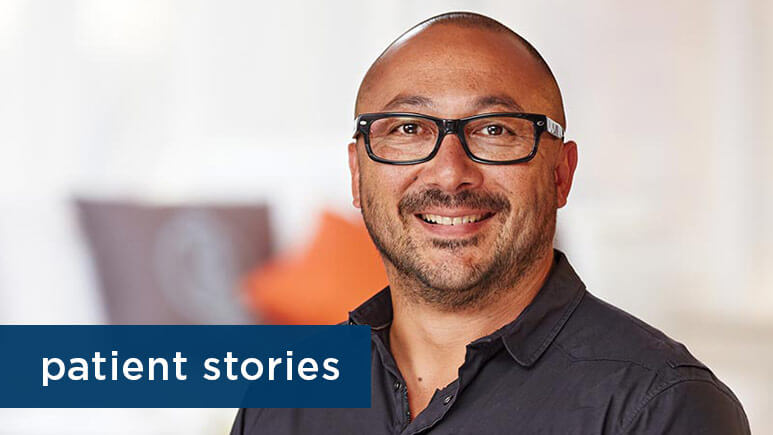 As the world’s population grows and longevity increases, healthcare systems are looking for models of treatment delivery that are effective, affordable and accessible.
As the world’s population grows and longevity increases, healthcare systems are looking for models of treatment delivery that are effective, affordable and accessible.
Data is already assisting in the collection of information that could allow for earlier and easier identification of healthcare needs. By placing useful information in the hands of patients and caregivers earlier, it is possible that patients will experience fewer adverse events and require less need for escalation to higher acuity care settings, such as admission to hospital.
However, it is not just about collecting data – its true advantage lies in how this information is analysed and applied to improve the efficiency and productivity of healthcare systems around the world.
Data individualises care
One of the areas cited as being positively impacted by data is in the development of individualised care plans for patients.
In the past, medical providers had little real-time visibility over how well a therapy was working, or how fully a device was utilised by patients. Ben Casse, Informatics Research & Development Manager at Fisher & Paykel Healthcare, contends that not only does data allow medical practitioners more visibility over what’s working and what’s not, but that it also gives them the flexibility to tailor their treatment for patients.
‘Data allows us to understand individual needs,’ he explains. ‘Because people are infinitely different, shouldn’t we be considering that the optimal way to treat patients is potentially infinitely different as well? The more we can understand how patients are responding to different treatments, then the more we can customise how we deliver therapies so that it suits the individual, rather than a general group, like we’ve seen in the past. I think there’s a huge opportunity for us to be much more accurately treating people in a way that’s going to work for them.’
So does that mean data collection is essentially just a more efficient way to gather feedback? ‘Yes, you could say that,’ says Casse. ‘Data is giving us much quicker feedback than we’ve ever had access to before. For us, that means that information will feed directly back into product design. We’re on the cusp of seeing a massive acceleration in innovation, driven by this ability to get effective feedback much more quickly.’
“We’re on the cusp of seeing a massive acceleration in innovation, driven by an ability to get effective feedback much more quickly [from data].”
- Ben Casse, Informatics Research & Development Manager, Fisher & Paykel Healthcare
Data enables quicker intervention
Data also helps healthcare providers identify when things aren’t going well.
‘Data gives us an opportunity to help patients understand and engage with their therapy [better],’ says Casse. ‘For example, for therapies like obstructive sleep apnea where compliance is challenging, providers can look at the data that’s being generated and see straight away - here are the patients who need my attention today. So that means they can pick up on issues within hours or days of them occurring, so patients can have them addressed straight away. That means there’s a higher likelihood a patient will continue with their therapy and have a better overall experience.’
As our capability to gather and extract insights from data expands, it’s possible that this will bring about a shift in current practice. Traditionally, clinical change and medical progress have relied on randomised controlled trials, a costly and time-consuming process. While clinical studies will no doubt remain an important component of the industry, time will tell if data analysis will evolve to the point of being able to supplement or even dominate this traditional approach.
“One of the biggest challenges is processing data - once you have it, what do you do with it? We’ve got to be asking the right questions. Because quite likely the answers are already there.”
- Ben Casse, Informatics Research & Development Manager, Fisher & Paykel Healthcare
But….data needs the right questions
Collecting data is one thing but knowing what questions to ask of it is another.
‘One of the biggest challenges is processing data - once you have it, what do you do with it?’ says Casse. ‘What’s the potential? It comes back to what questions we should be asking of that data. We’ve got to be asking the right questions. Because quite likely the answers are already there.’
We are at the cusp of what technology and data can do for patients. ‘Tech is the enabler, but it’s people and process that improve care. If you can’t embed it into the complex workflows of healthcare, it won’t help anyone.We’re just scratching the surface and are able to learn more than we ever have, more quickly than we ever have – and that’s why it’s exciting.’


